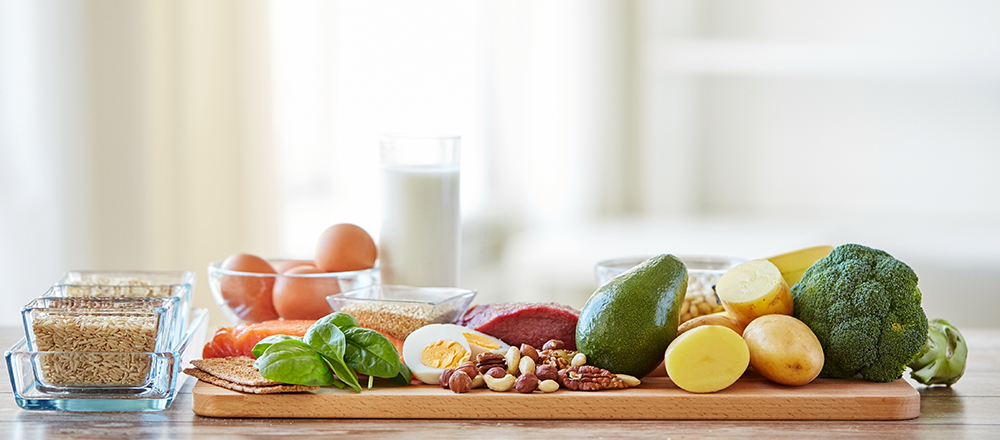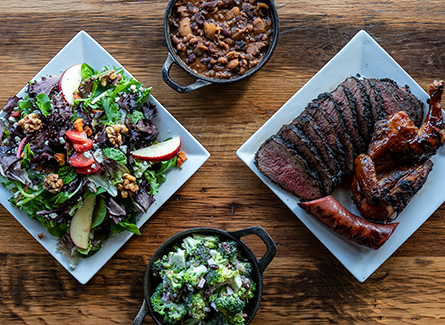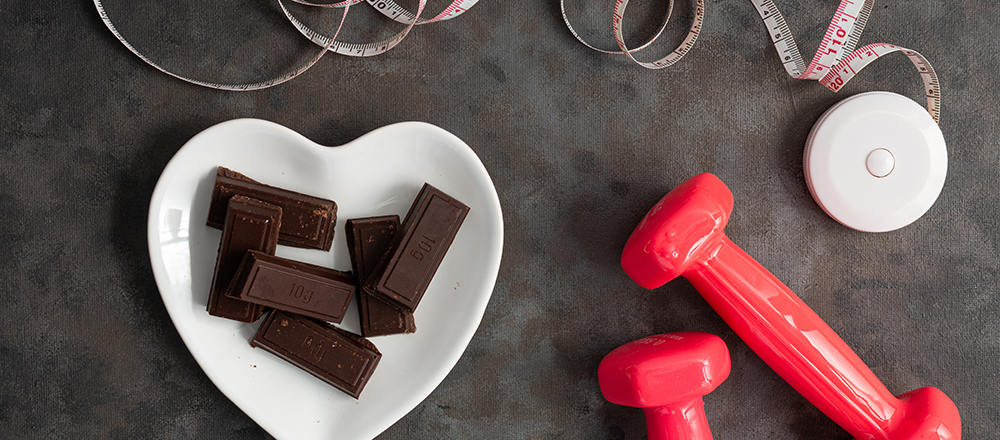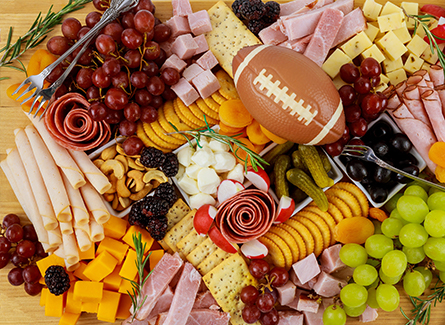
According to the Centers for Disease Control and Prevention (CDC), almost half of all U.S. adults (47%) have high blood pressure (HBP). Yet, only about one in four of those with HBP have it under control. HBP, also known as hypertension, is when the force of your blood pushing against the walls of your blood vessels is consistently too high, blood in your arteries is higher than it should be. Blood pressure is measured using two numbers, such as 112/78 mmHg, and measured in millimeters of mercury (mmHg). The top number, known as the systolic pressure, is the pressure when your heart beats. The bottom number, known as the diastolic pressure, is the pressure when your heart rests between beats. Your blood pressure is high if the top number reads 130 or higher, or the bottom number reads 80 or higher, and it stays in those elevated ranges over time.
Fortunately, making healthy lifestyle adjustments like diet changes can help you prevent and manage high blood pressure. Making healthier food choices can reduce the risk of heart disease, stroke and kidney disease. The DASH diet (dietary approaches to stop hypertension) is commonly used to help lower blood pressure. This diet is
- High in fruits, low-fat dairy products, poultry, seeds, whole grains and vegetables
- Low in added sugars, processed foods, red meat and sodium
- Rich in certain nutrients, like calcium, fiber, magnesium, potassium and protein
If you have HBP or it runs in your family, try the DASH diet.
Fruits and Vegetables
Eating a variety of fruits and vegetables every day gives you needed fiber, minerals and vitamins to help manage and reduce blood pressure. Choose fresh, frozen, no-salt-added canned vegetables and canned in-water fruit, including:
- Berries, like blueberries and strawberries
- Citrus fruits, like grapefruit, lemons and oranges
- Leafy vegetables, like kale and spinach
Healthy Fats
Fat is a slow-burning source of energy needed to absorb several vitamins and minerals. Saturated and trans fats, such as butter, coconut oil and high-fat meats, increase the risk of heart disease and high blood pressure. Unsaturated fats or healthy fats help lower blood pressure and reduce the risk of heart disease. Foods high in healthy fats include:
- Avocados
- Low-fat dairy products, like low-fat cottage cheese, low-fat yogurt and skim milk
- Nuts, like almonds and cashews
- Seeds, like chia, flax and pumpkin
Proteins
Eating a variety of plant- and animal-based proteins can help manage blood pressure and benefit heart health. Choose lean animal-based proteins when possible and limit how much processed meats, like bacon, deli meats, hot dogs and sausage, you eat. There are many foods high in protein, including:
- Beans, like black and kidney beans
- Poultry, like skinless chicken and turkey
- Seafood, like salmon and tuna
- Soy, like edamame, tempeh and tofu
Whole Grains
Whole-grain foods can help reduce the risk of HBP and lower blood pressure. Look for foods with “whole wheat” or “whole grain” as the first ingredient on the label. They provide a great source of vitamins and minerals, such as B vitamins, fiber and iron. Whole grain options include:
- Brown rice
- Oatmeal
- Quinoa
Register for one of our free health screenings to speak with an expert while receiving free health screenings, including for blood pressure. You can also get a blood pressure check at our Meritas Health Express clinic.
Explore More
5 "Must Have" Nutrients
Big Taste in a Small Space
Nutrition Facts Labels: Breaking the Code



